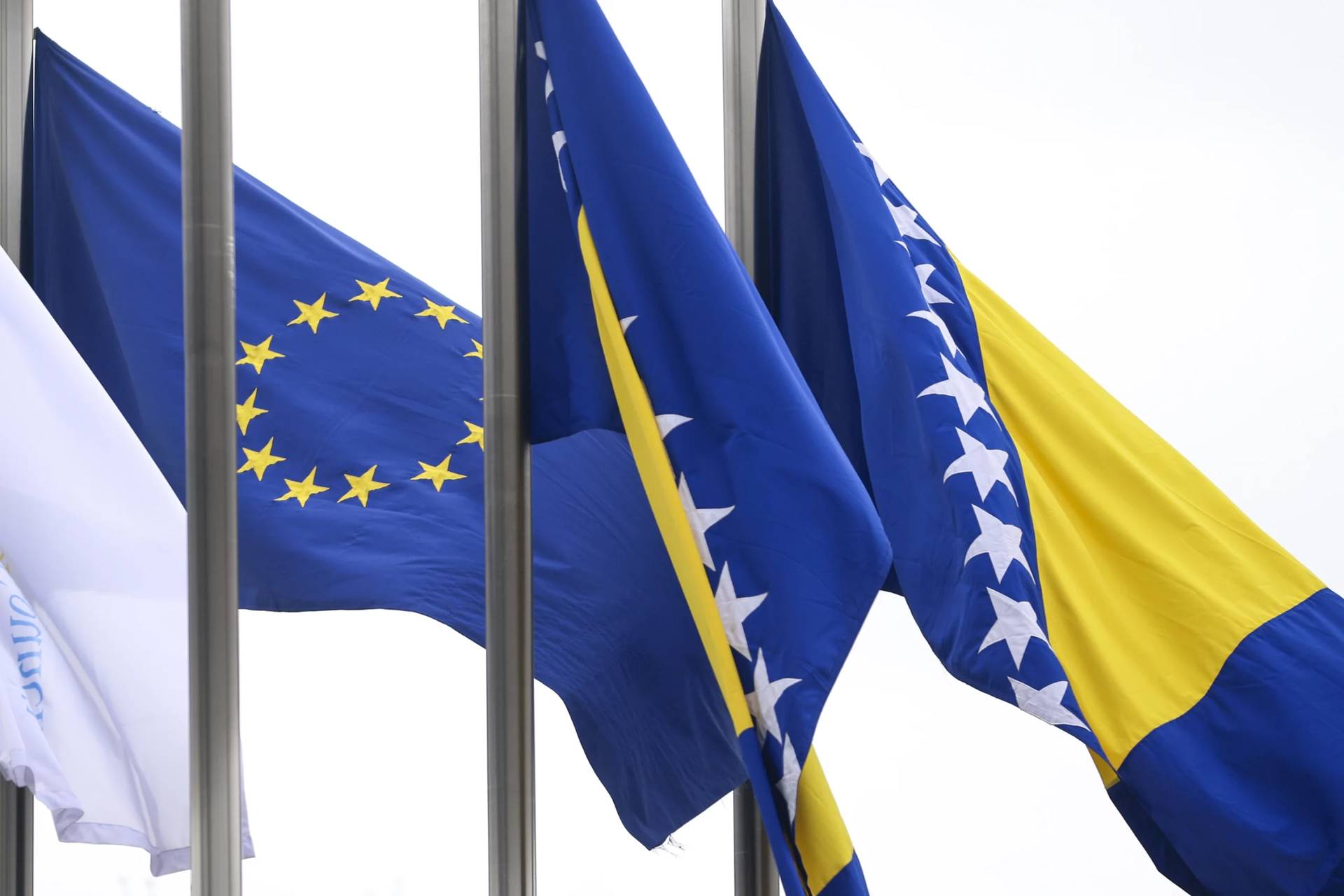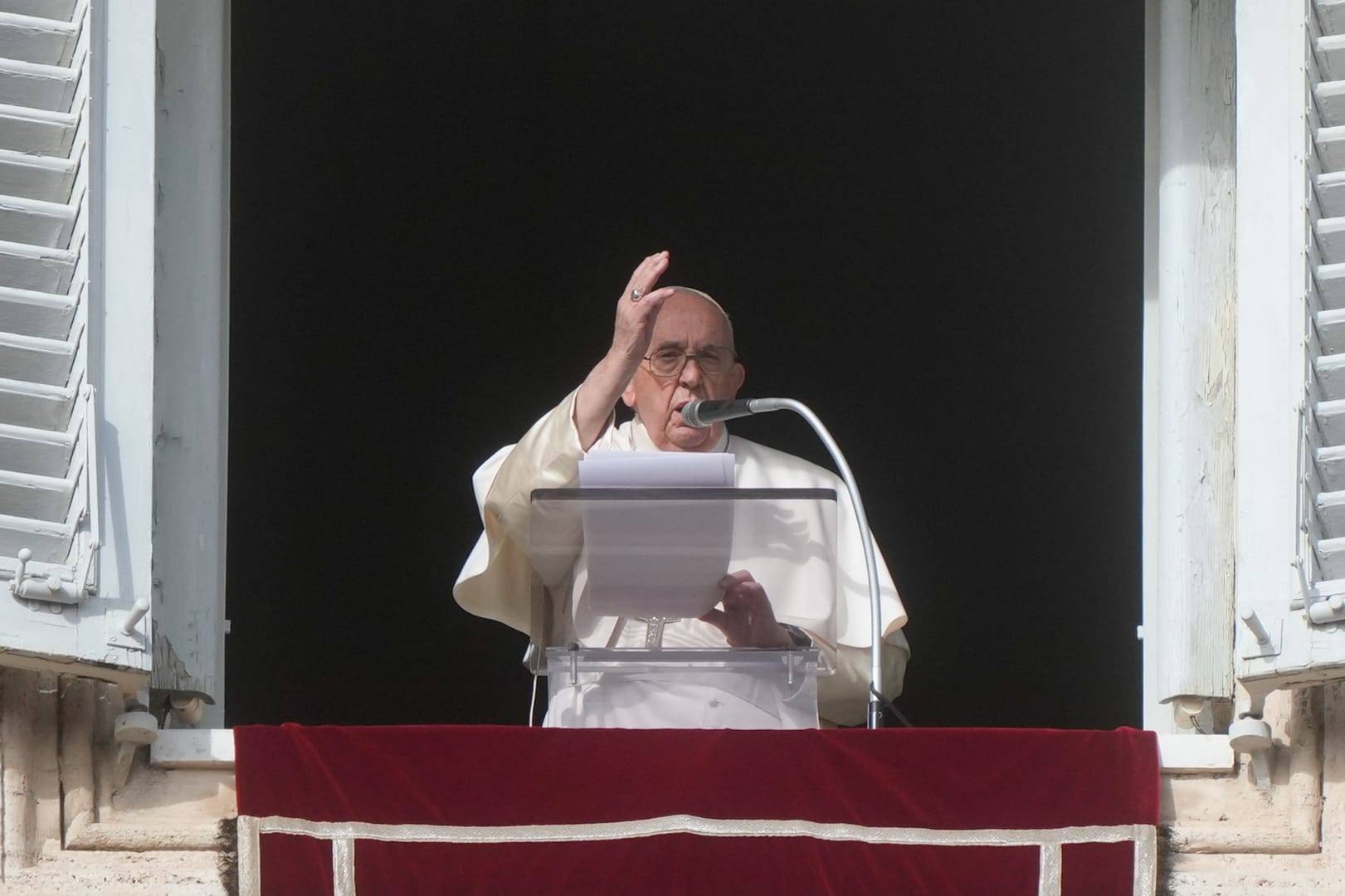Venezuelan president Nicolás Maduro has criticized the Catholic bishops in his country, claiming they’re ignoring Pope Francis’s repeated calls for dialogue by refusing to support a National Assembly intended to re-write Venezuela’s constitution.
At the same time, Maduro himself would appear to be ignoring a clear statement from the pope’s right-hand man on Saturday in favor of new elections in the troubled Latin American nation, a step that so far the government has refused to take.
Maduro said on Saturday that his government has asked the Venezuelan bishops to participate in the call for a Constitutional National Assembly. The assembly was called by the government to re-write the constitution, something Maduro’s predecessor, socialist Hugo Chavez, also did in 1999.
According to the Venezuelan opposition, the assembly amounts to a “coup,” intended to prolong Maduro’s hold on power.
If the proposal moves forth, the current National Assembly, the legislative branch of the Venezuelan government, could be dismantled. Maduro wants this to happen because, since the national elections of 2013, it has been run by the opposition.
The president said he’d asked the head of the Constitutional Assembly, Alías Jaua, to write to the Venezuelan Bishop’s Conference, inviting them for a meeting to explain the motives and purposes of the initiative. The bishops have already rejected one such invitation.
“The bishops conference hasn’t answered the phone? Silence in the afternoon, they don’t answer the phone, ignoring Pope Francis’s orders,” Maduro said on Saturday.
The Catholic bishops, once members of a short-lived dialogue process between the government and the opposition, have become a warning voice against the increasingly authoritarian measures of Maduro, in alignment with the position of the Vatican’s Secretary of State.
Talking to Crux and the Argentine paper La Nación on Saturday, Cardinal Pietro Parolin, former papal representative in Venezuela, from where he was tapped by Francis to lead the Vatican’s diplomatic efforts, said that elections are the only solution to the problem.
RELATED: Papal aide says elections the only solution as Venezuela delays a vote
Back in 2016, the opposition had gathered the almost half million signatures needed to revoke Maduro from the presidency, yet they were ignored by the national government.
The Conference of Latin American Bishops (CELAM), which met last week in El Salvador, condemned Venezuela’s crisis, saying that the people are going through extremely serious difficulties.
“We are worried and pained by the deaths, the violence, the lack of the most basic goods, the divisions, the violation of human rights,” said Auxiliary Juan Espinoza Jimenez of Morelia, Mexico, secretary general of CELAM.
Espinoza urged the Catholic Church to respond to the crisis by providing humanitarian relief, calling for charitable initiatives throughout the continent and to think of ways to make these effective, “despite the obstacles that may arise.” Among those obstacles is the fact that, according to a December report from the Associated Press, the military are allowing food to rot in the local ports if the rightful owners refuse to pay bribes.
Speaking at a press conference on Thursday, Father Leónidas Ortiz Lozada, adjunct secretary general of CELAM, said that forced migration takes place because the “lack of food, medicine, [and] freedom, are unsustainable.”
He quoted then Cardinal Jorge Mario Bergoglio, today Pope Francis, who when still in Buenos Aires wondered “how is it possible that the ruling class of a country impoverish the people, then go out to look for the votes of that people, and that impoverished people goes back and elects them?”
“Well, this is in part what has happened in Venezuela,” said Ortiz, who’s from Colombia.
As if this wasn’t enough, CELAM also wrote a letter, read during the general assembly.
“The bishops, presidents and delegates of the episcopal conferences of the countries of Latin America and the Caribbean have placed our minds and hearts with our brothers and sisters in Venezuela …We want to express to all citizens, and especially those in the Catholic Church, our closeness, solidarity and support, at the same time that we transmit a voice of hope in Christ, way, truth and life.”
Earlier in May, Pope Francis had asked the bishops to do what they could to facilitate the dialogue between the government and the opposition. However, since then, the country’s crisis has worsened, with protests taking place almost daily. Over 40 people have been killed, and hundreds more wounded.


















